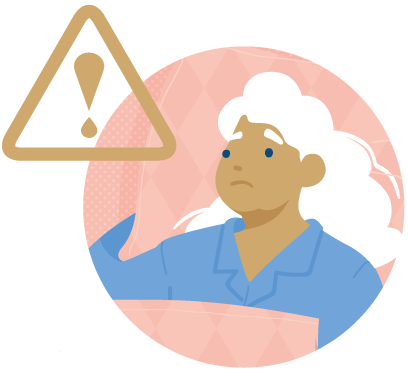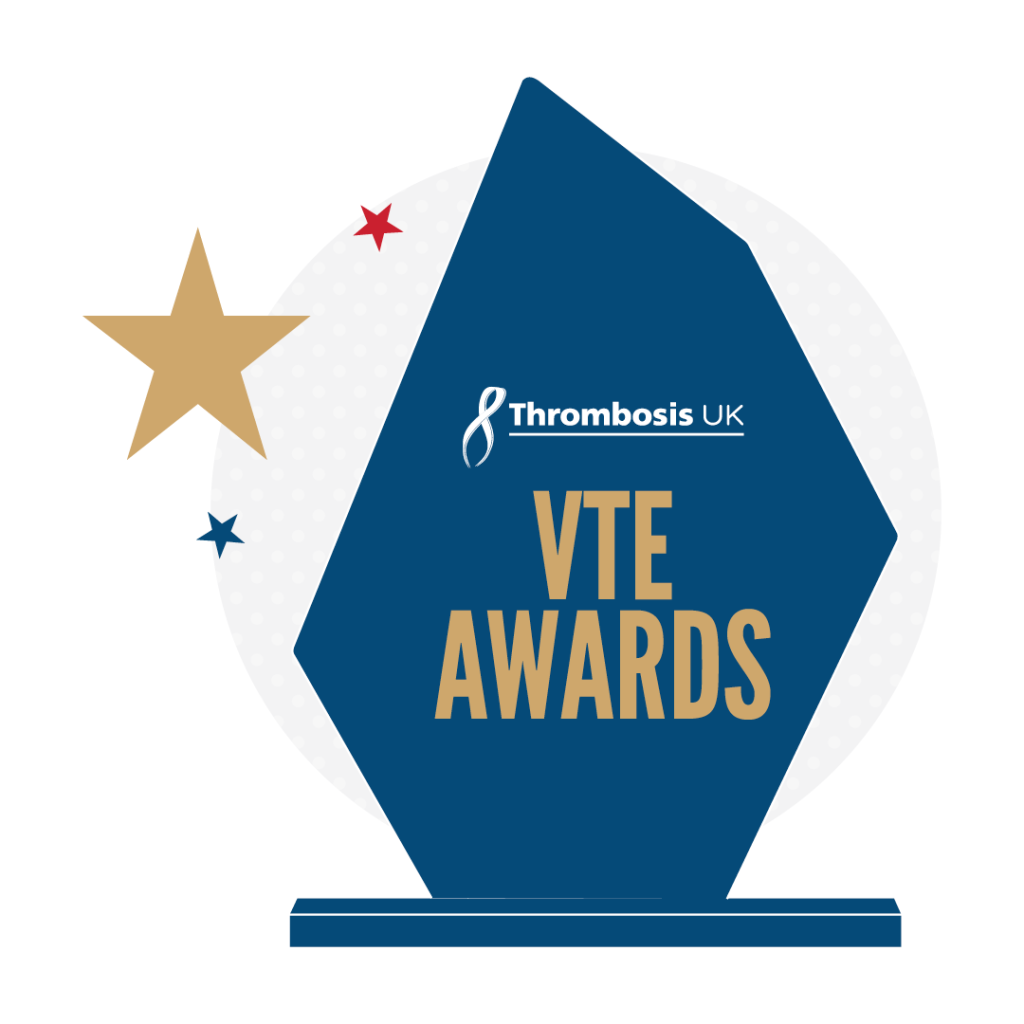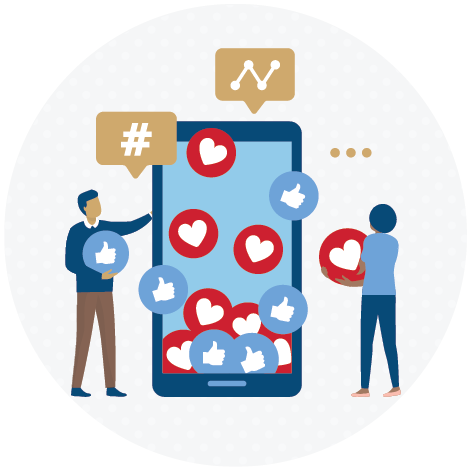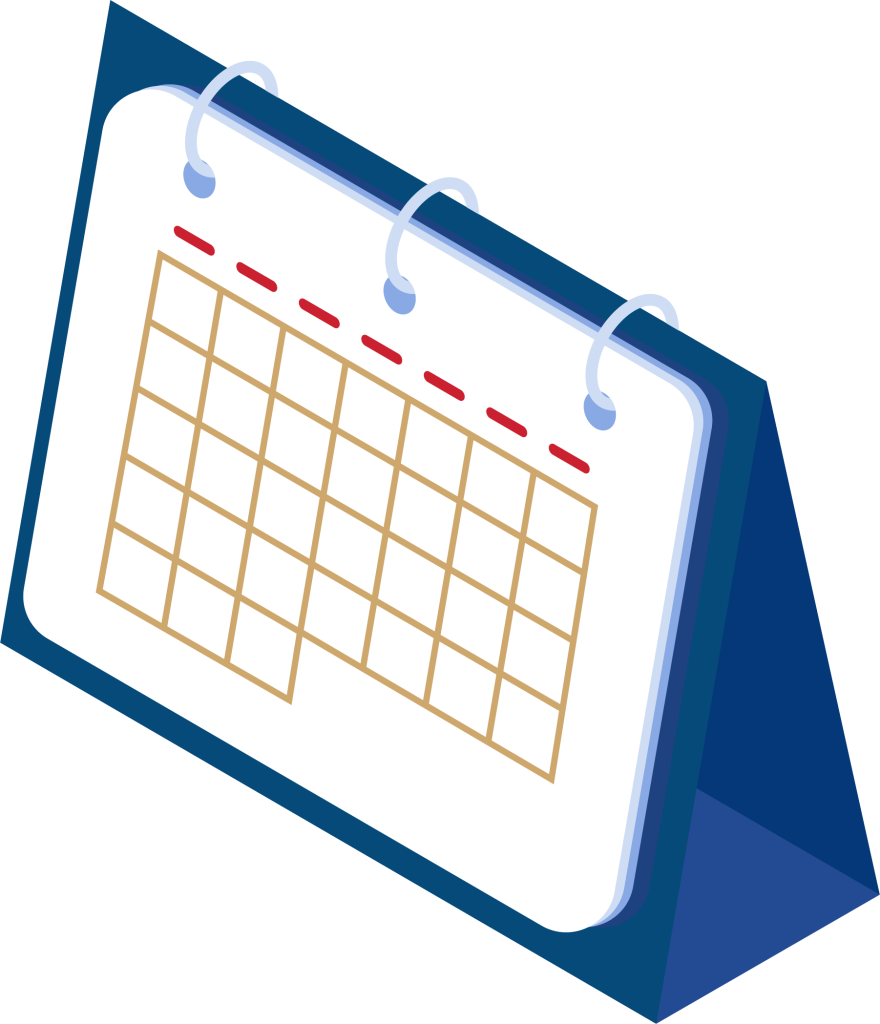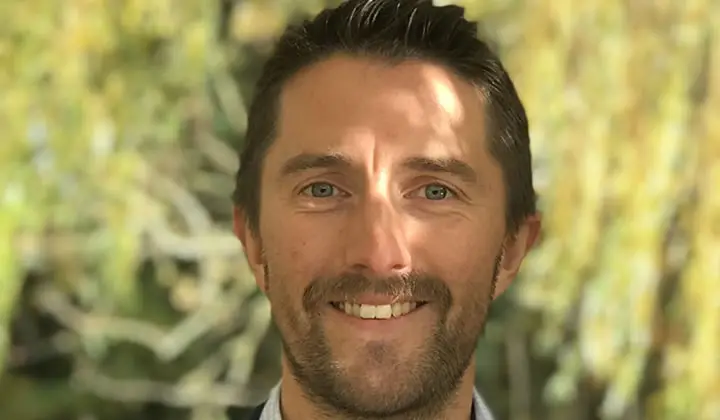I thought COVID would ‘bounce’ off me, if I was unlucky enough to catch it then I would probably have a few days of feeling a bit rubbish and that would be it.
I’m fit, I’m only 38 and with no history of thrombosis
I’m a soldier, I’m fit, I’m only 38 and with no history of thrombosis; I was convinced that I wasn’t in a risk category. Alas I was unlucky enough to catch it and I was hit pretty hard for a few days with a sore
throat, headache and an achy body (none of the ‘Big 3’ symptoms).
Some of the symptoms of Long COVID were aches in the torso and tiredness
I returned to work thinking I was on the mend, hoping that I wouldn’t develop Long COVID. I was aware that some of the symptoms of Long COVID were aches in the torso and tiredness, both of which I felt to some extent. One evening whilst catching up on some episodes of The Wire, I felt my back was achy and that perhaps it needed stretching or massaging, I felt very stiff and was beginning to find it painful to breathe in although I was convinced it muscular – perhaps a pulled muscle in my back.
30 mins of uncomfortable breathing
I had about 30 mins of uncomfortable breathing, some shivering and generally feeling a bit groggy and after that my symptoms improved and I was able to go to bed. During the night I woke up a couple of times with night sweats but convinced myself it was because I had put on an extra jumper before bed. I managed to get a night’s sleep and went to work the next day. I was examined by a Doctor in barracks and all my vitals seemed normal (pulse, breathing rate, oxygen saturation) so I went back to my office.
None of us were suspecting that there was something seriously wrong with me
That afternoon I again had the same pain breathing, but was utterly convinced I had slipped a disc, the pain was mainly in my lower back. Again, the medics checked me over, this time including an ECG, and all seemed fine. My symptoms disappeared after about 30 mins, again. I was stumped, as were the medics – none of us were suspecting that there was something seriously wrong with me. As my symptoms had cleared up, and I felt relatively fine, I decided to leave work and drive home. I spent the next day resting.
Suspected a Pulmonary Embolism as a result of having had COVID
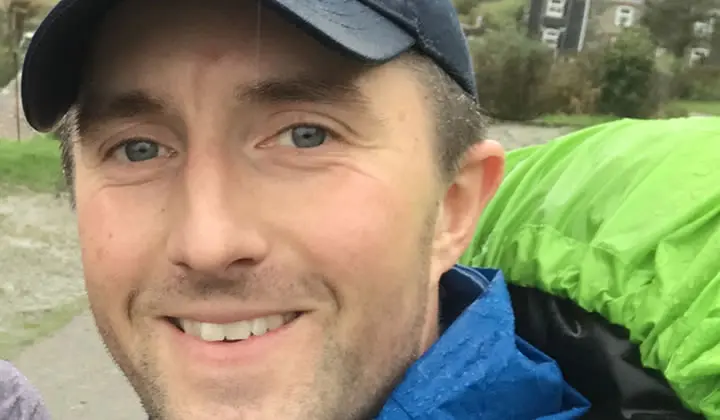
It was only three days after the original onset of symptoms (difficulty breathing) that I decided to check myself in to A&E. The team in Winchester were brilliant; they picked up something on my ECG and saw that my d-dimer was raised – they told me that they suspected a Pulmonary Embolism as a result of having had COVID (apparently it makes your blood ‘clotty’!) and discharged me with five big injections of Enoxparin. To inject myself! This was more daunting than the thought of suspected blood clots in my lungs. A few days later I had a CT scan which confirmed a PE in each lung. I am now taking an anticoagulant – rivaroxaban daily for three-six months.
My journey through recovery over the past two months has been mixed, but generally positive – I am just about able to climb the stairs without getting breathless but I have not returned to any physical exercise above walking pace. I suppose the predominant feeling I have experienced is one of anxiety. Worried that I’m not getting better quickly enough, worried that my heart may not come out of this unscathed, worried that my sleeping is being unduly disrupted and worried that it may happen again. The Army have been utterly fantastic in helping with my recovery. I’m in a demanding role, a Squadron Commander of 125 Soldiers, but they have given me the time and space to step away and recuperate properly.
Thrombosis UK have been a wonderful source of support – they have in turns put my mind at ease and provided me with the depth of information that has allowed me to understand my PEs.
There are aspects of this that will change my behaviour and perspective for ever
Whilst I am expected to make a full recovery, there are aspects of this that will change my behaviour and perspective for ever; being grateful for good health, making some lifestyle improvement to ensure I remain healthy and understanding that the mental stress of being ill might sometimes be the overriding issue for many people. I spend as much time as I can walking as this has been my main way of retaining some vestiges of fitness – the bridlepaths of Hampshire and Wiltshire don’t realise how much they have aided my recovery. Bravo to the volunteers and farmers who keep these routes maintained.
Hopefully the next few weeks and months will see a return to running and the gym – it’s felt strange not to pick up a weight in almost three months and I can already see my body changing shape – but I’m grateful to be here, grateful for the support of friends, of family, of work and in awe at the inexhaustible brilliance of the NHS.
In summary:
Bilateral Pulmonary Embolisms
I’m 38 and very fit. I run up hills, I Nordic Ski, I lift weights.
I thought COVID wouldn’t affect me that seriously, if I was unlucky enough to catch it.
I didn’t think my painful breathing was serious – convinced myself it was muscular.
I expected my recovery to be quicker than it has been.
The anxiety I have felt during recovery has surprised me – I have found dealing with it one of the hardest aspects of my continuing recovery.
I am on Rivaroxaban for 3 – 6 months and experiencing a few of the side effects.

